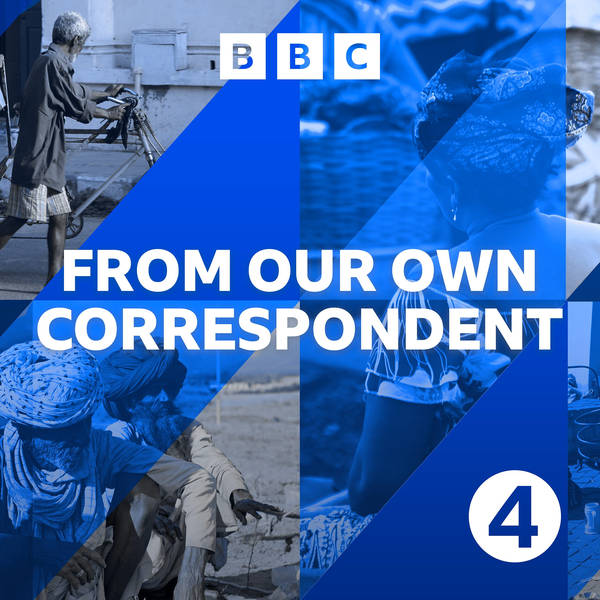
Sri Lanka After the Bombings
Sri Lanka's economy was improving and tourism flourishing after three decades of civil war but last Easter, a group of Muslims youths, inspired by Islamic State group, murdered more than 250 people in a series of bomb attacks. Jane Corbin has been gauging the lasting effect on the island, one year on.
In Georgia, the country's powerful Orthodox Church is at loggerheads with the government over Easter celebrations. Despite restrictions on gatherings of more than three people to tackle the Coronavirus pandemic, churches across the country remain defiantly open and offer holy communion with a shared spoon. It is a case of church versus state, faith versus science says Rayhan Demetriye.
Richard Dimbleby's report from the Bergen Belsen concentration camp, liberated by British troops seventy-five years ago, remains one of the most remarkable broadcasts ever. It was a revelation as he carefully detailed the horrific reality of the Nazi’s ‘final solution’. His son Jonathan recently returned to the camp with film maker Simon Broughton and one of the survivors.
In Paris another survivor from the Nazi era tells David Chazan what he thinks about President Emmanuel Macron’s approach to the pandemic - will he succeed in uniting the French behind him as the country fights what he calls "a kinetic war"?
“Patient zero” may be the present day term for the original carrier of a disease but it is not a new concept. Cholera, HIV/AIDS, the bubonic plague and now Covid 19 all had major stories of detection around them and the one which looms largest in folk memory says Kevin Connolly is that of the Irish cook, Typhoid Mary, once dubbed "the most dangerous woman in America".
